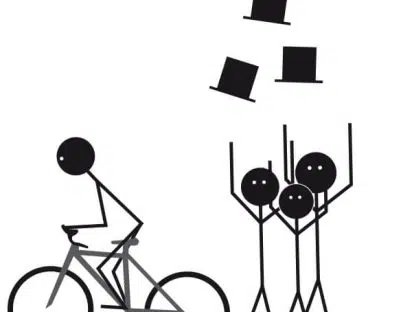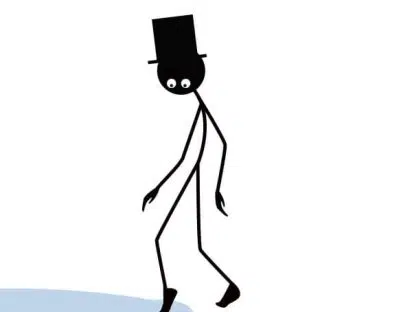This brief observation is inspired by a criticism addressed by Claude Lévi-Strauss to ethnocentrism with respect to human cultures. Although applied to a subject quite different from football, it can bring about reflection on the various reproaches which have been addressed to the French football team and its coach. It goes without saying that these reproaches have a contextual value. They were formulated after performances considered unsatisfactory in the preparatory phases or during the matches of the preliminary round of the football World Cup which has just ended – as well as after the final (1). It would be unfair to refer exclusively to the words of the Belgian team’s goalkeeper, which was beaten by the French team in the semi-final, because they were formulated under the influence of a legitimate disappointment and an equally legitimate esteem for the game of his own team, and because the Belgian goalkeeper subsequently excused himself. However, his words reflected the extreme form of an opinion that had been repeatedly expressed about the French game: “I would have preferred to have lost in the quarter-finals to Brazil, at least they were a team that wanted to play football. [France] are just an anti-football team” (2). However, some observers have cleared up such criticism, noting that the French coach knew perfectly well how to build the best team and to develop the best possible strategy – in this case, a defensive strategy – given the resources at his disposal. How can you blame a person who has a high level of responsibility for making the best use of his resources to win a competition? One could already notice here an allusion to Claude Lévi-Strauss. With regard to the do-it-yourself activity and the knowledge it implies, he argued that “[the handyman] universe of instruments is closed and the rules of his game are always to make do with ‘whatever is at hand,’ that is to say with a set of tools and materials which is always finite and is also heterogeneous […]” (3). But the comparison with the situation of the national French team coach is superficial and irrelevant since, during the preparation for the World Cup, he searched for appropriate “resources” well beyond the closed universe of the handyman – resources adapted to his project: to win the trophy. Another comment from Claude Lévi-Strauss is more relevant and suggestive. He proposed it on the occasion of his examination of ethnocentrism, one of the oldest attitudes consisting of “rejecting out of hand the cultural institutions – ethical, religious, social or aesthetic which are furthest removed from those with whom we identify ourselves” (4). Such ethnocentrism includes beliefs relating to the intelligence of ancient human societies that would be incomparable to the so-called intelligence of our modern civilization, especially the western civilization: “Only modern man would seem to find it necessary to strain and toil; only to modern man would genius seem to grant a flash of insight,” observed Levi Strauss. And he added:
“This naïve attitude is the result of a complete failure to appreciate the complexity and diversity of operations involved in even the most elementary technical processes. To make a useful stone implement, it is not enough to keep on striking a piece of flint until it splits; this became quite apparent when people first tried to reproduce the main types of prehistoric tools.”
But let us examine this passage which is a little further in the text. Lévi-Strauss comes to the art of pottery and the “complexity and diversity of operations” it supposes:
“Pottery is a very good instance, for it is commonly believed that nothing could be simpler than to hollow out a lump of clay and harden it in the fire. We can only suggest trying it.”
We can only suggest trying it! Here is what we could respond to the French football team’s critics, no matter how relevant their comments may have been. Not, of course, in order to silence them, because freedom of expression must be protected as long as it does not cause harm, but in order to teach them about the difficulty of perceiving the complexity of things, and to remind them that they must, unless there is a particular reason, show distrust for prevailing opinions – for what is “commonly believed,” as Claude Lévi-Strauss says. In this regard, “We can only suggest trying it!” is a fine motto. Alain Anquetil (1) “World Cup 2018: France and the Triumph of Negative-Capability Football,” The New Yorker, 15 July 2018. (2) “Belgium’s Thibaut Courtois and Eden Hazard hit out at ‘anti-football’ France,” The Guardian, 11 July 2018. As for subsequent excuses, see “Chelsea’s Thibaut Courtois Apologises to France & Backtracks on His Criticism of Les Bleus’ Tactics,” 90MiN, 15 July 2018. (3) C. Lévi-Strauss, La pensée sauvage, Paris, Plon, 1962, tr. G. Weidenfeld and Nicolson Ltd, The Savage Mind, Weidenfeld and Nicolson, 1966. (4) C. Lévi-Strauss, Race et histoire, Paris, Denoël, 1952; Race and History, UNESCO Paris, 1952.




